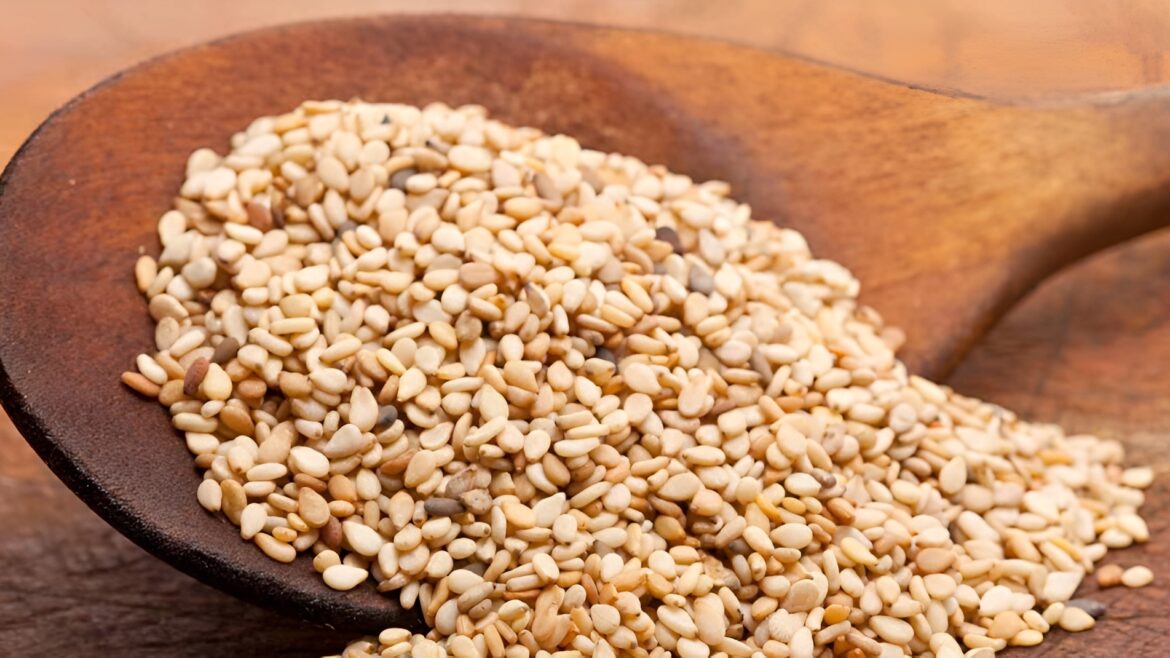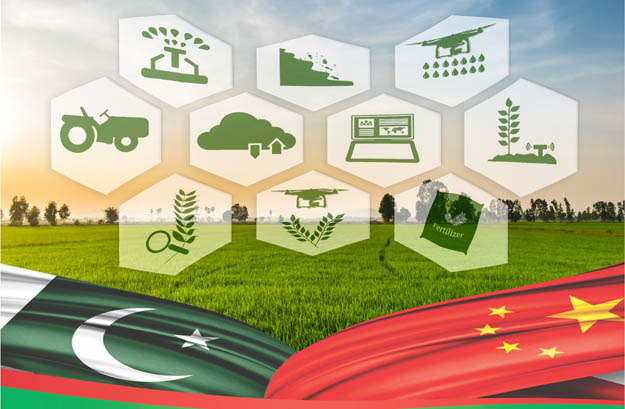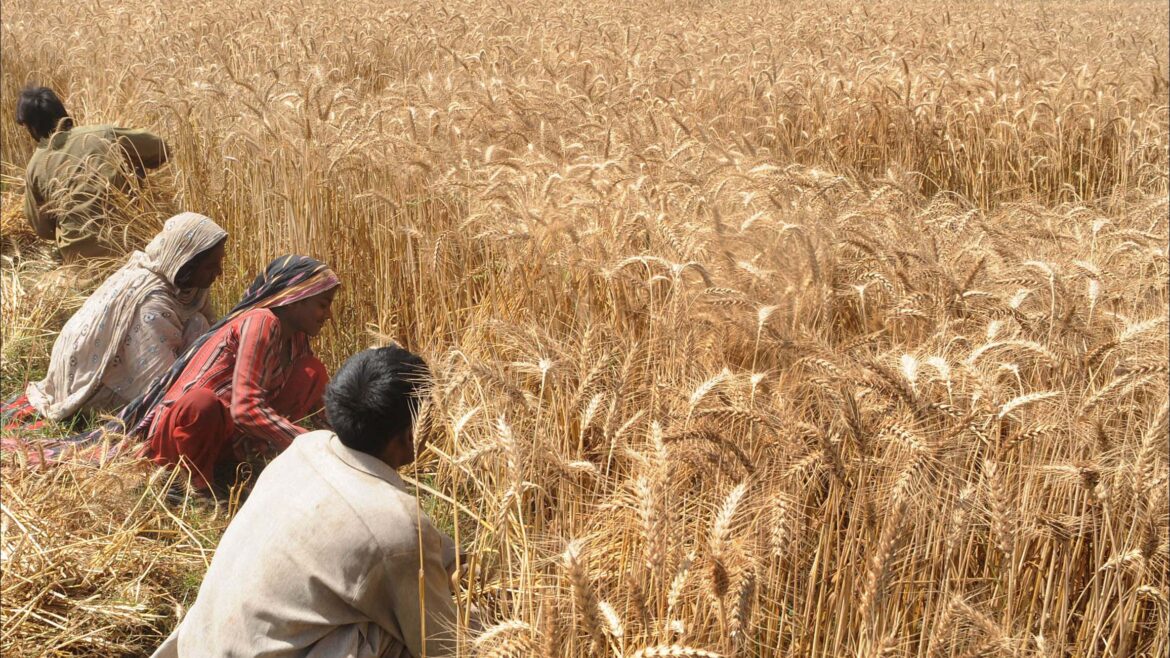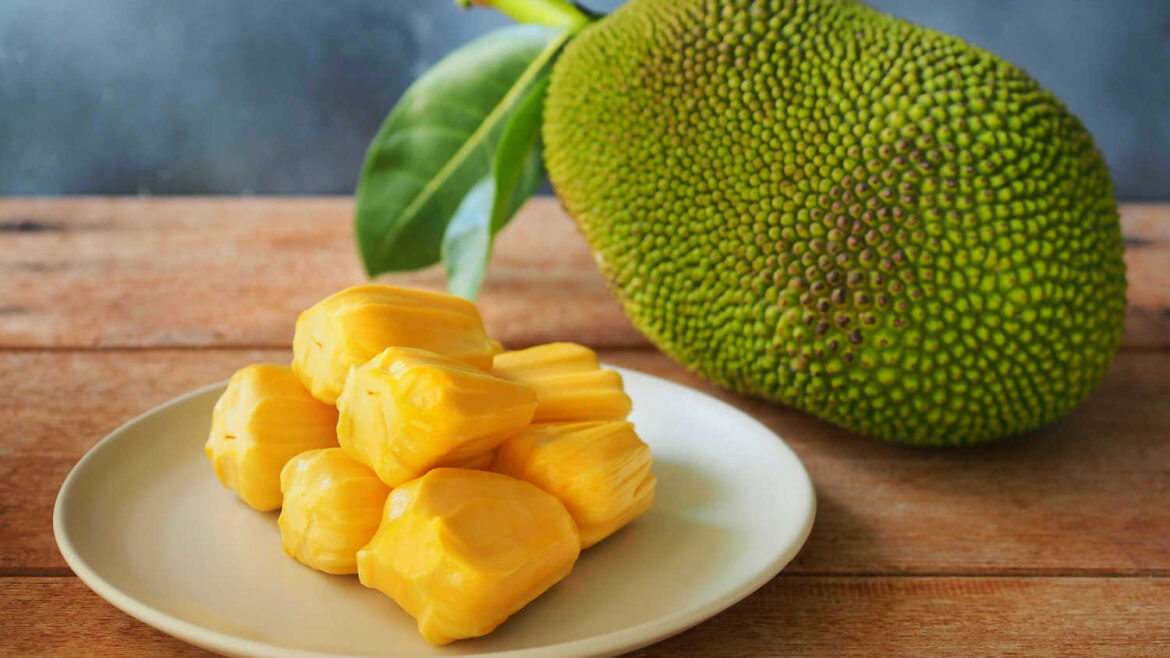In a historic move to enhance international trade and solidify its position in global markets, Pakistan has launched the India North Europe Express (INX) maritime service. This new shipping line establishes a direct connection between Pakistan and Europe, marking a significant step forward for the nation’s trade and economic landscape.
Scheduled to commence on February 5, 2025, the weekly service will operate from Karachi, linking key European ports, including London Gateway, Rotterdam, Hamburg, and Antwerp. This development not only reduces transit times but also strengthens Pakistan’s trade capabilities, making it a game-changer for businesses aiming to expand their reach into European markets.
Key Features of the INX Maritime Service
-
Enhanced Trade Routes
The INX service offers direct access to major European trade hubs, eliminating the need for intermediary shipping routes. This significantly improves efficiency and reduces transit times, a critical advantage for businesses dealing with perishable goods or time-sensitive shipments.
-
High Capacity and Efficiency
The service features ship capable of carrying up to 6,000 containers, completing a round trip in just 11 weeks. This high-capacity system ensures a reliable and seamless flow of goods between Pakistan and Europe.
-
Economic Benefits
By optimizing shipping logistics, the INX maritime service promotes cost savings and improved trade efficiency for exporters. Businesses across Pakistan stand to benefit from quicker market access and enhanced trade opportunities.
Strategic Importance for Pakistan
The INX maritime service underscores Pakistan’s strategic location at the crossroads of Central Asia, South West Asia, and the Persian Gulf. This initiative positions Pakistan as a central player in global trade networks, enhancing its connectivity with international markets.
For businesses in D.I. Khan New City, the new shipping line offers a unique opportunity to tap into global trade. As a growing urban center focused on sustainability and economic growth, D.I. Khan New City stands to benefit from the increased trade activity and investment spurred by the INX service.
Opportunities for Exporters
With quicker and more reliable access to European markets, the INX maritime service opens new doors for Pakistani exporters. Key industries such as textiles, agriculture, and manufactured goods can now compete more effectively on the global stage.
Additionally, this initiative aligns with Pakistan’s goals of promoting economic growth and diversifying export markets, enabling businesses to strengthen trade ties with Europe and beyond.
A Bright Future for Pakistan’s Trade Sector
The launch of the INX maritime service represents a monumental leap forward for Pakistan’s trade sector. By improving connectivity, reducing transit times, and enhancing trade efficiency, the service sets the stage for sustainable economic growth.
For regions like D.I. Khan New City, this development highlights the potential for increased investment and trade opportunities, aligning perfectly with the city’s vision of becoming a hub for innovation and growth.
Conclusion
As Pakistan takes bold steps to solidify its position in global trade, initiatives like the INX maritime service highlight the country’s commitment to progress and economic excellence. With direct shipping to Europe now a reality, the future of trade in Pakistan looks brighter than ever.
For businesses in D.I. Khan New City and beyond, this is a moment of immense opportunity to expand horizons and embrace new possibilities in the global marketplace.







